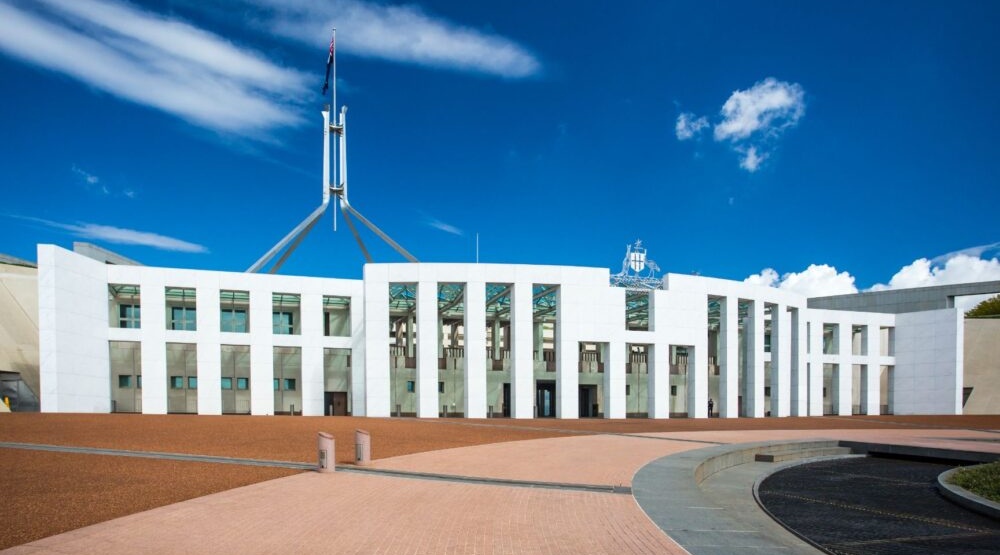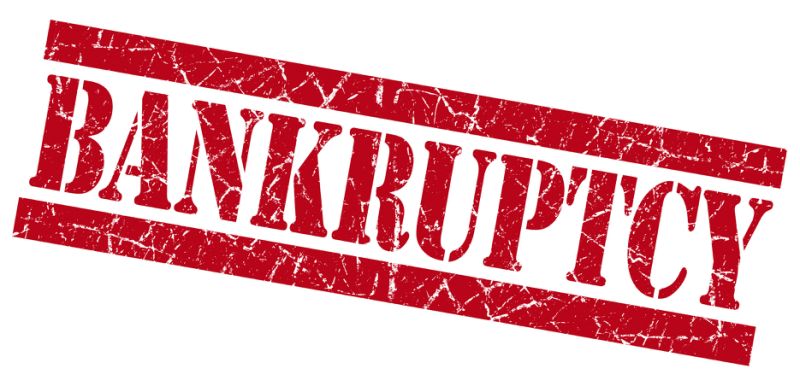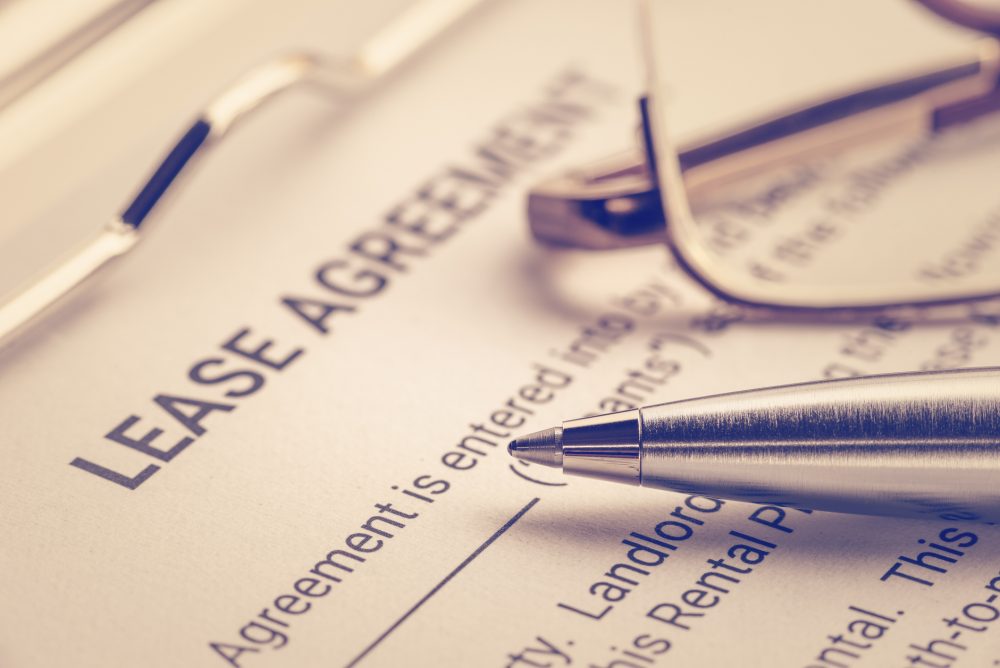Choosing a business name
There are a few key things you need to consider when choosing a name for your business. Before you go to the expense of engaging design companies to prepare your branding concept, here are a few important legal checks you should undertake that may save you a lot of money, time and trouble down the track. Read More
How can a Notary Public help you?
A notary public performs a very important function, namely authenticating personal and business documents for production overseas. This article will summarise some of the key functions performed by notaries public. It will also set out the differences between notaries public and justices of the peace.
Creditor’s Statutory Demands and Bankruptcy Notices
On 25 March 2020 the Federal Government introduced legislation to give relief to businesses and individuals during the coronavirus pandemic. This legislation was recently amended and this article seeks to summarise both the changes to Bankruptcy Notices and Creditor’s Statutory Demands introduced in March and the most recent amendments. https://treasury.gov.au/sites/default/files/2020-03/Fact_sheet-Providing_temporary_relief_for_financially_distressed_businesses.pdf
Top tips when selling your business
The decision to sell a business is often one that is difficult to make and carry through. This is because many owners are emotionally invested in the business that they have created and grown over the years. While the key is to maximise the price you obtain for your business, there are a number of top tips when selling your business that you should be aware of to ensure that the sale proceeds smoothly.
Important message!
In accordance with the COVID-19 directive from the Victorian Government, Parkston Lawyers has closed office access to clients, as of 5.30pm Wednesday 5th August 2020.
Whilst our offices maybe closed for attendance over the next 6 weeks, we aim to continue serving our clients.
The way we operate may look a little different and we ask for your patience as we work together to navigate these new rules and way of life.
Mandatory Code of Conduct for commercial leases
On 7 April 2010 the Federal Government annonuced a Mandatory Code of Conduct (Code) for commercial leases. The Code will apply to certain small and medium enterprise tenancies. The aim of this article is to set out the purpose, application and principles of the Code.
What is a section 27 statement?
This short article is designed to help vendors understand the section 27 statement process and how it is used to gain access to your deposit early.
Creditor’s Statutory Demands and Bankruptcy Notices
On 25 March 2020 the Federal Government passed legislation to give relief to businesses and individuals during the coronavirus pandemic. This article seeks to summarise those changes to Bankruptcy Notices and Creditor’s Statutory Demands. https://treasury.gov.au/sites/default/files/2020-03/Fact_sheet-Providing_temporary_relief_for_financially_distressed_businesses.pdf
Why wills are important
During these uncertain times with COVID-19 changing the global landscape, it is important to engage in forward planning to ensure that your loved ones are not left with an added burden if you pass away unexpectedly.
Read More








